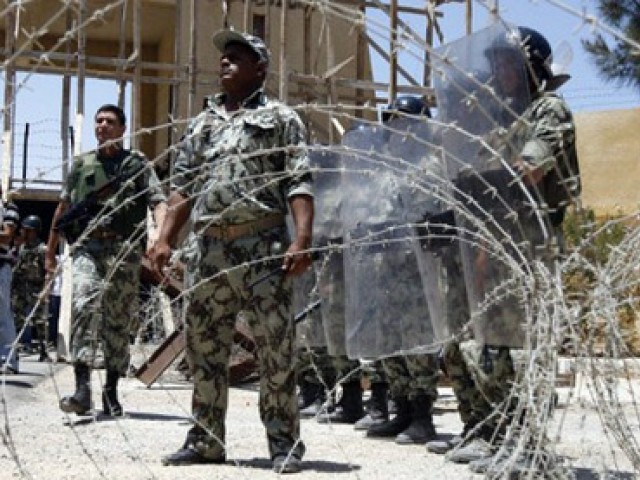It seems that our disturbed world lacks anyone who meets the criteria to win the Nobel Peace Prize which must be given to someone who has actually achieved peace in an issue that concerns the whole world and could contribute to its stability.
Despite the good choice the foundation made in awarding the Nobel Prize in Literature to French author Jean-Marie Gustave Le Clézio who opened up to world civilizations at a time when fanaticism and narrowness is the reigning sentiment in the Western literary scene, the choice for the Nobel Peace award was somewhat baffling.
The 71-year-old recipient, ex-President of Finland Martti Ahtisaari, had spent the past few years mediating international conflicts using the negotiation skills for which he is renowned and which were honed during his days as a diplomat. Yet, if my memory serves me correctly, I do not recall that he has achieved success in any of them, except in his involvement in resolving the Aceh conflict in Indonesia, which was by no means the most pressing global conflict threatening the world.
What I do remember of Ahtisaari, was his undoubtedly sincere, but futile efforts in 2005 when he was appointed a United Nations emissary to negotiate the final status of Kosovo in Serbia.
Despite Ahtisaari’s involvement in the Kosovo issue for years, I remember well that at the end of each failed round of negotiations the Serbs used to accuse him of being partial to the other side, which last year, led him to declare a freeze on the negotiations after two years of unfruitful attempts. This in turn led Kosovo to declare its unilateral independence amid strong objections by Serbia and Russia.
This is what I told a French radio correspondent a few days ago regarding the prize.
I also said: “In any case, this year’s winner is no less deserving than his predecessors, many of whom had worked diligently for the benefit of humanity, even though none of them had actually achieved peace. Former US Vice President Al Gore for instance, won the award last year for his efforts to protect the environment, but I don’t see what this had to do with achieving peace. Also lobbying for the environment before him was Kenyan Wangari Maathai and the great Bangladeshi Muhammad Yunus, the founder of the Grameen Bank, for his efforts to create economic and social development from below; all of which has transformed the Nobel Prize for Peace to a prize for those who do good. But while peace is undoubtedly a good deed, not all that is good constitutes peace.
To this, the radio correspondent replied: “Would you then have preferred it if the award had gone to someone who had achieved peace in the world’s worst conflict zone which is the Middle East?
“When it comes to the Middle East, I replied, “It seems that its chronic problem has been resolved years ago, at least according to the Nobel Foundation, which has previously awarded four, not one, Middle East figures the Nobel Prize for Peace: Yasser Arafat, Isaac Rabin, Anwar Sadat and Menachem Begin. True that the conflict there continues to be unrivaled by any other in the world, but according to the Nobel foundation, the conflict between the Israelis and the Palestinians has been resolved, and so has the one in Iraq, Sudan, Lebanon and others. Hence the Foundation has directed its attention to those who have not achieved peace in other parts of the world.
Mohamed Salmawyis President of the Arab Writers’ Union and Editor-in-Chief of Al-Ahram Hebdo.
